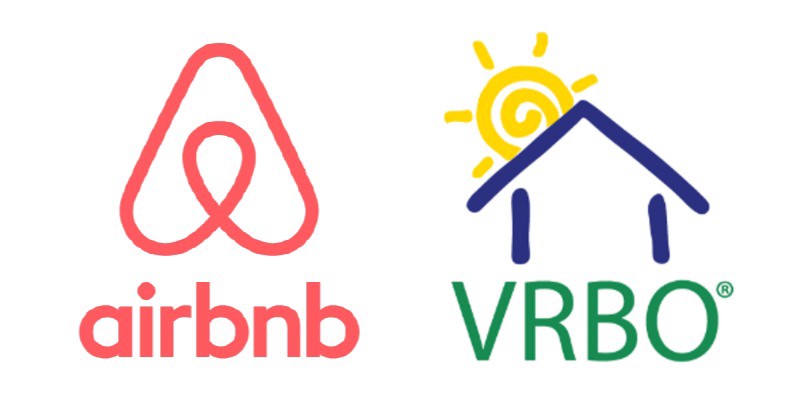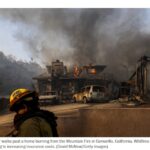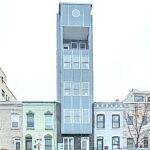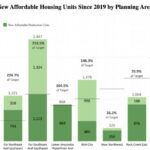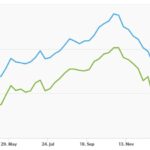The DC Council unanimously passed a law in November to limit home-sharing, banning investment properties and limiting the rental of primary residences.
Home-sharing is the short term rental (usually less than 30 days), of a room, basement or entire house, using popular rental services like Airbnb, VRBO, FlipKey and HomeAway.
The great growth in the popularity of these short term rentals was largely unregulated; however, most local jurisdictions now regulate and tax home-sharing with the cooperation of the rental servicing companies.
Locally, DC was among the last to act after a two year heated debate, but DC is by far the biggest home-sharing market in the region. The District has an estimated 9,000 home-sharing rentals, with about 7,000 of those listed on Airbnb, with the majority being entire home listings in wards 1, 2 and 6.
The new law, Short-term Rental Regulation Act of 2018, allows anyone who also lives in the home, to rent out a bedroom or basement UNLIMITED, but residents away from home can only rent for a total of 90 DAYS PER YEAR. Worse, short term rental of second homes and investment properties is BANNED.
In addition the law features a “hardship exemption” to the 90 day annual cap for residents who can demonstrate that their jobs or family medical situations require them to leave the District for more than 90 days a year. The exemption was made in consideration of the many DC residents (military, diplomats, etc.) who are frequently required to travel.
The Mayor had previously stated some concern about the law’s effect on limiting the economic opportunity for some residents, but with the unanimous support of the Council the law seems certain to be enacted as passed by the Council. The law goes into effect Oct 1, 2019.
The debate for the law has generated a lot of passion from Landlords, hotels, and affordable housing advocates. Supporters of the law say home-sharing was taking properties away from long term rental and thus hurting housing affordability by raising the cost of rental housing.
Opponents say the law goes too far, specifically with the 90 day cap and the prohibition on the use of second homes and investment property for home-sharing. The housing market will be hurt as many of the properties are converted back to regular rentals, putting downward pressure on rents and prices.

